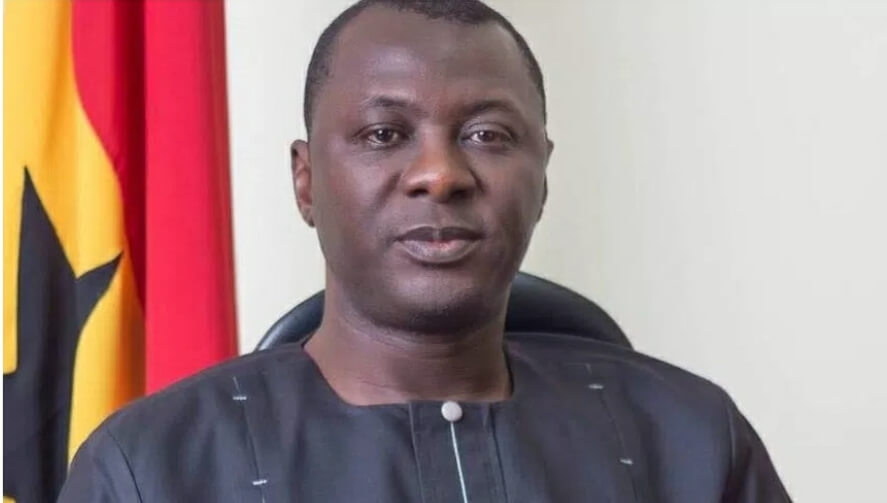Five Major Pipeline Developments in Africa

Originally published on Energy Capital & Power
With proven oil and gas reserves that account for approximately 7.5% and 7.1% of global reserves respectively, the African continent boasts extensive opportunities through its domestic and international distribution of natural resources.
Enabled by progressive regulatory changes and fast-growing international energy demand, significant potential now exists for Africa’s oil and gas producing nations to enter a new era of prosperity in the global energy market.
With oil and gas pipelines planned to connect the continent’s abundant resources to a diverse, growing consumer base, Africa is poised to fill the natural gas supply gap in Europe, while delivering reliable energy to domestic markets — a solid blueprint for dismantling the continent’s energy poverty.
Strategically located and designed to capitalize on current market opportunities, oil and gas pipeline infrastructure in Africa is gaining momentum in pursuit of inclusive growth and sustainable energy security.
East African Crude Oil Pipeline
Set to become the world’s longest heated oil pipeline upon completion in 2025, the proposed 1,443 km East African Crude Oil Pipeline (EACOP) will transport oil from Hoima, in western Uganda, to the port-city of Tanga in Tanzania.
With approximately 1.7 billion barrels of recoverable oil having been discovered in the Lake Albert Basin on the border between Uganda and the Democratic Republic of Congo, the project will involve the extraction of oil from the Kingfisher and Tilenga Fields, operated by the China National Offshore Oil Corporation and TotalEnergies, respectively.
The extracted oil will be refined in Uganda for local consumption and exported to international market through the EACOP, which is expected to have an export flow rate of 216,000 barrels of oil per day.
Read Also: ‘It’s Time Europe & Africa Agree on a Green Gas Deal’ – NJ Ayuk, African Energy Chamber
Ajaokuta-Kaduna-Kano Natural Gas Pipeline
With completion of the Ajaokuta-Kaduna-Kano (AKK) Natural Gas Pipeline scheduled for 2023, Nigeria’s 614 km-long gas pipeline will boost electricity supply to the country, while supporting gas-based industries along its route, with estimates suggesting that the pipeline will help generate up to 3.6 GW of power once completed.
The AKK Pipeline will establish a connection between a network of pipelines throughout Nigeria, transporting natural gas from the town of Ajaokuta in the country’s Kogi State, to the city of Kano, in northern Nigeria.
The pipeline project has been divided into three phases, with the first phase measuring 200 km, designed to connect Ajaokuta to the central city of Abuja, in the country’s Federal Capital Territory; the second phase will link the Abuja Gas Terminal to the Kaduna Gas Terminal, and will measure 193 km; while the final phase, measuring 221 km, will transport gas from Kaduna to Kano.
Trans-Saharan Gas Pipeline
At a cost of $13 billion, and with a length of 4,128 km, the Trans-Saharan Gas Pipeline will carry 30 billion cubic meters of natural gas per year from the city of Warri, an oil hub in southern Nigeria, through the Republic of the Niger, to Hassi R’Mel in Algeria, a town situated near one of the largest gas fields in the world, the Hassi R’Mel Gas Field.
Upon completion, the pipeline will supply natural gas to European markets from Algeria’s Mediterranean coastline, while enabling Niger to monetize its own natural gas reserves, which are estimated at 34 billion cubic meters.
Niger-Benin Crude Oil Pipeline
With a projected capacity of 90,000 barrels of oil per day, the cross-border Niger-Benin Crude Oil Pipeline will connect the Agadem Rift Basin in south-east Niger to the Port of Seme Terminal in the Republic of Benin.
With a 1,275km section running through Niger and a 675 km section through Benin, the 1,980 km crude oil pipeline will comprise three heating stations and three clean-up stations, representing the China National Petroleum Corporation’s largest cross-border crude oil pipeline investment to-date.
Nigeria-Morocco Gas Pipeline
With the feasibility study for the construction of the pipeline having been completed by the Nigerian National Petroleum Corporation and the Moroccan National Office of Hydrocarbons and Mines in January 2019, the proposed Nigeria-Morocco Gas Pipeline will connect Nigeria’s gas to every coastal country in west Africa, running from Lagos to the southwestern port city of Cádiz in Spain, linking Benin, Togo, Ghana, Ivory Coast, Liberia, Sierra Leone, Guinea-Conakry, Guinea-Bissau, The Gambia, Senegal, Mauritania, and Morocco.
Read Also: Russia is Interested in Nigeria-Morocco Gas Pipeline
The 5,660 km natural gas pipeline will be an extension of the West Africa Gas Pipeline and would be completed in several stages over 25 years, with a completion date estimated for 2045 and at a cost of $25 billion.
Upon completion, the pipeline will become the longest offshore pipeline, and the second-longest pipeline in the world.
Source: Energy Capital & Power
Abeeb Lekan Sodiq is a Managing Editor & Writer at theafricandream.net. He’s as well a Graphics Designer and also known as Arakunrin Lekan.




